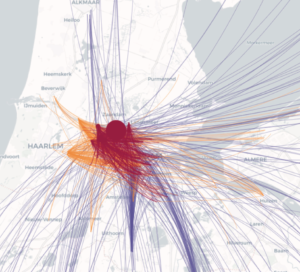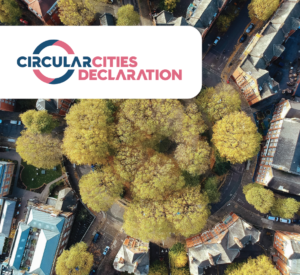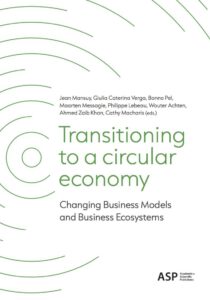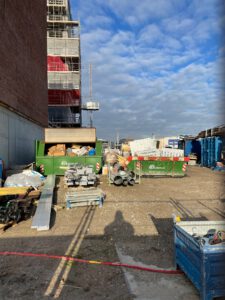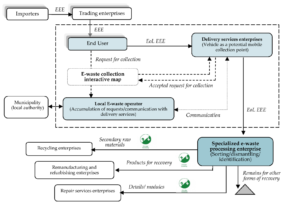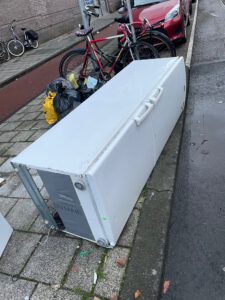Online retailers should take action on circular shopping

We need to do more with fewer resources. However, nearly 90% of our clothing still ends up as waste, less than half of electronic products are recycled, and furniture is discarded as bulky waste. Our old toys gather dust in attics, basements, and garages. That is not a good story. Valuable product flows must get …


